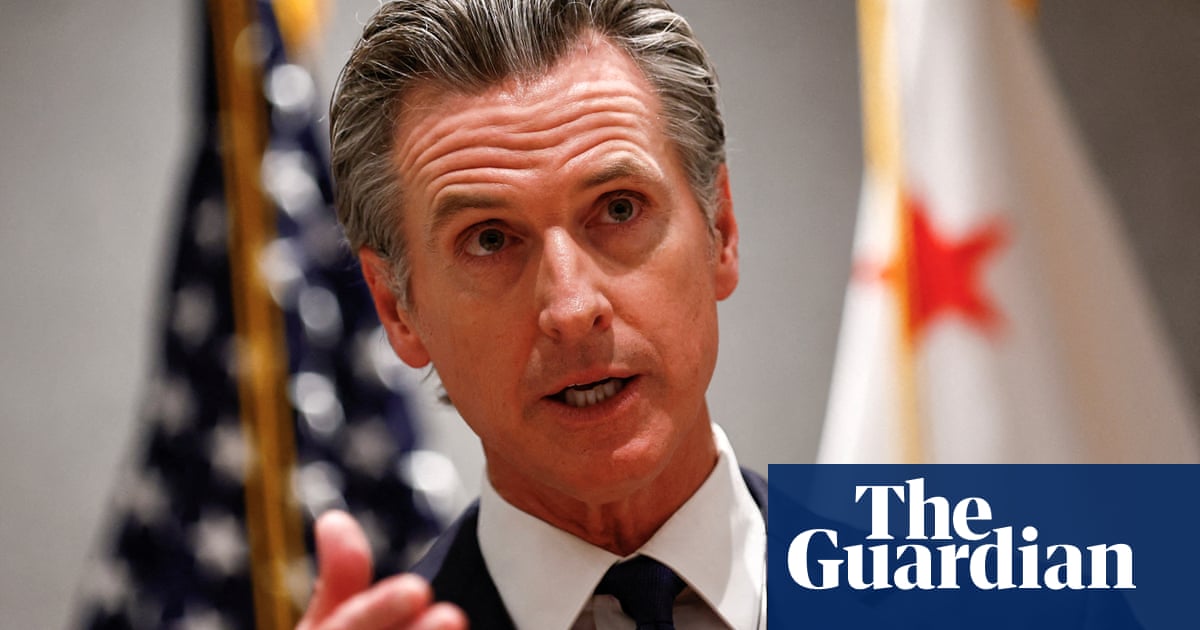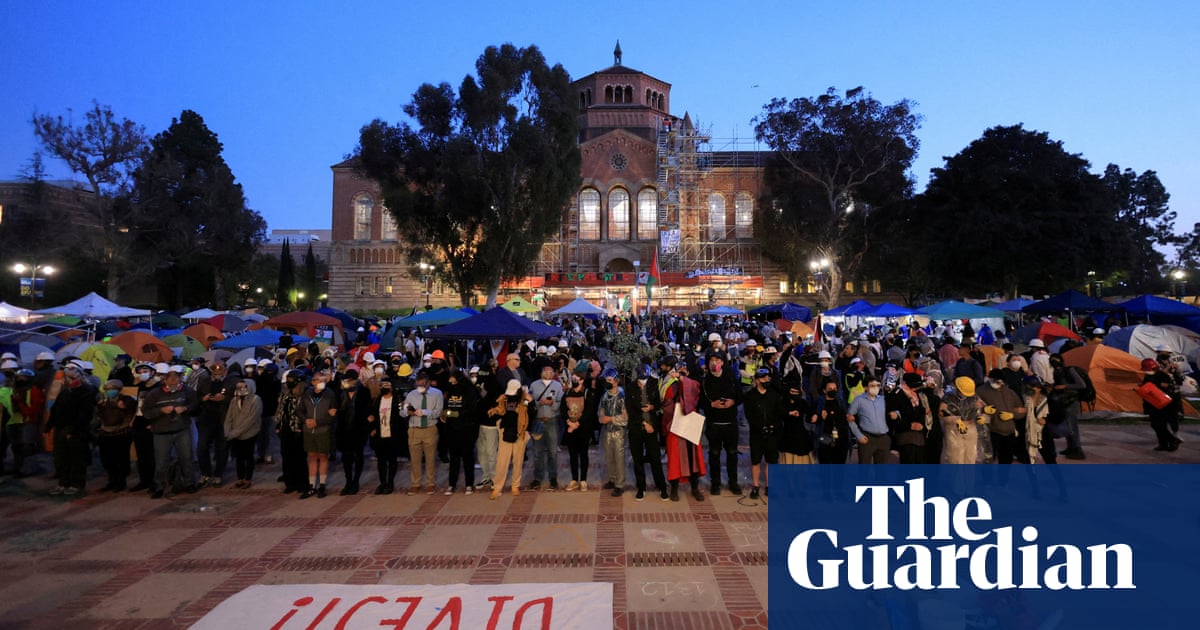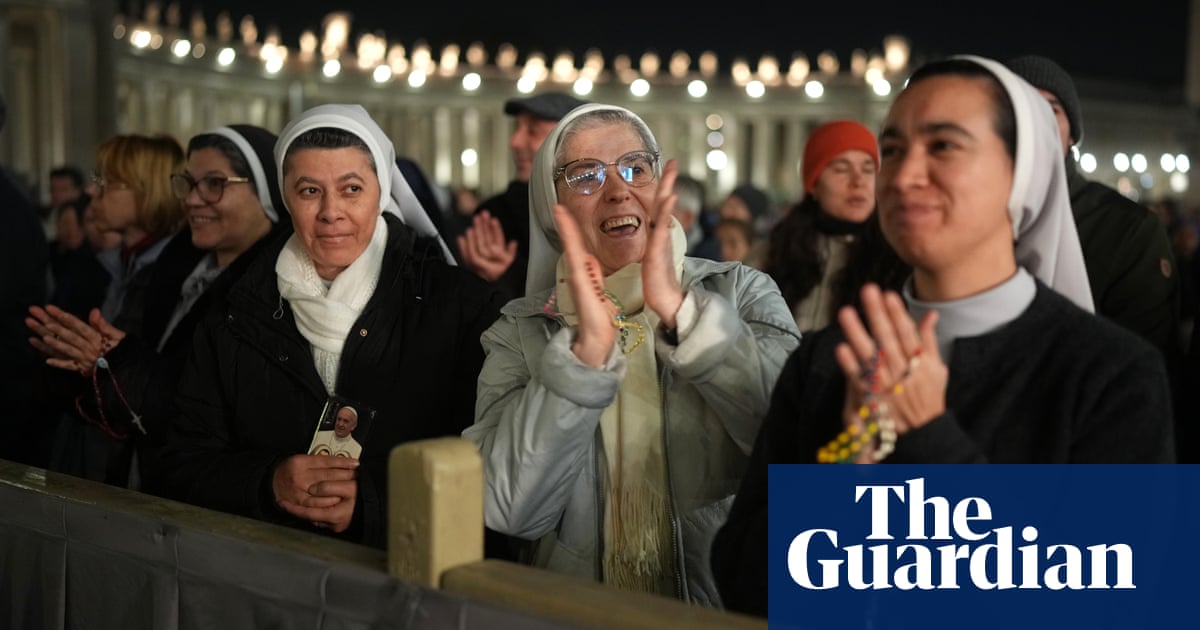“To look at the Earth from space is a bit like a child looking into a mirror and realising for the first time that the person in the mirror is herself. What we do to the Earth we do to ourselves,” the novelist and winner of this year’s Booker prize, Samantha Harvey, said in her acceptance speech last week.
Orbital, the winning novel, gives us the view from space. Set on the International Space Station (ISS), it records one day from the perspectives of six astronauts. One day in space means 16 sunrises and 16 sunsets. Instead of the asteroids and aliens of science-fiction, here is the mundane routine of chores, meals and sleep. The characters’ backstories are glimpsed as briefly as passing stars. The only narrative propulsion is a typhoon threatening the Philippines. Nature replaces human drama as the novel’s focus. It is all about perspective.
Last year’s Booker winner, Prophet Song by Paul Lynch, imagined Ireland as a fascist state. Like Orbital, it took a claustrophobic set-up as the stage for big ideas. But where Lynch gave us a dystopian close-up, Orbital offers an idealised space-view of the world. It is a love letter to our wounded planet, encompassing grief, injustice, the mysteries of the universe and the urgency of the climate crisis. But unlike the apocalyptic scenarios of most climate fiction, Orbital offers kaleidoscopic visions of Earth’s beauty: “a rolling indivisible globe which knows no possibility of separation”.
This might seem an airbrushed snapshot of humanity: never mind the dirt on the pavement, the view from the heavens is divine! In comparison with Percival Everett’s James, a reimagining of Huckleberry Finn from the viewpoint of the slave Jim, or Rachel Kushner’s Creation Lake, about a group of eco-activists in rural France, Orbital was not the most overtly political novel on the shortlist. But it is no surprise that it is also a finalist for the Orwell prize for political fiction. For all the lyrical descriptions of earthly magnificence, there are ominous reminders “of the hand of politics and human choices” on everything below.
The novel’s message is one of unity and peace: on the ISS the six astronauts drink each other’s recycled urine; dream the same dreams and catch each other’s teardrops (liquids cannot be let loose in the capsule). Through the windows, the only human-made border visible at night is a string of lights between Pakistan and India. From space there “is no wall or barrier: no tribes, no war or corruption or no particular cause for fear”.
The characters’ feelings of awe, connection and protectiveness towards Earth have been reported by astronauts since Yuri Gagarin in 1961, in what has come to be known as the “overview effect”. Ed Dwight, who this year, at 90, became the oldest person to go to space, suggested: “Every politician that has international sway should be forced to take three orbits around the Earth before they take office. That would change all of this fighting on the ground here.”
As the era of the space shuttle is replaced by the rise of commercial space tourism, Orbital marks the end of a period of international cooperation. For now, the overview effect remains elusive, with the exception of billionaire tech bros. But fiction can give us that perspective. At a time of geopolitical crisis and the ongoing Cop29 summit, it is hard to remember a Booker winner that has reflected the historical moment so acutely. We must look in the mirror.

.png) 3 months ago
26
3 months ago
26













































